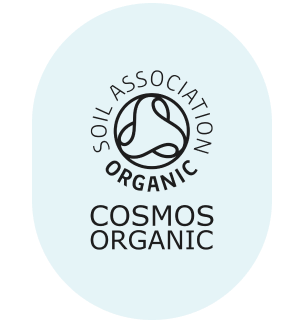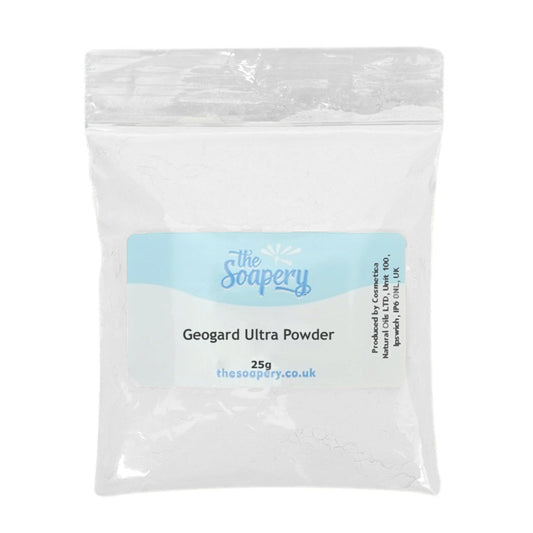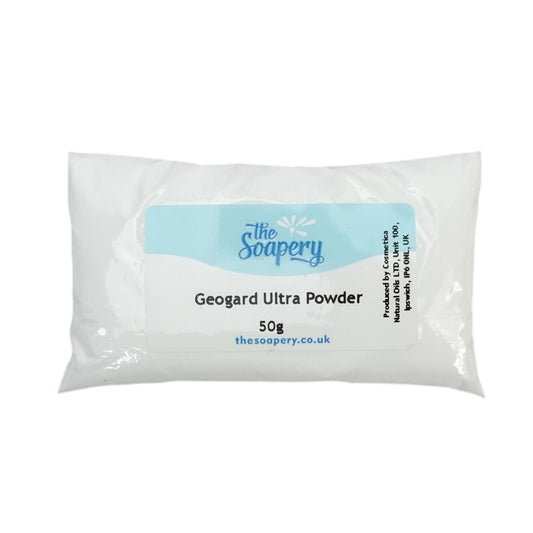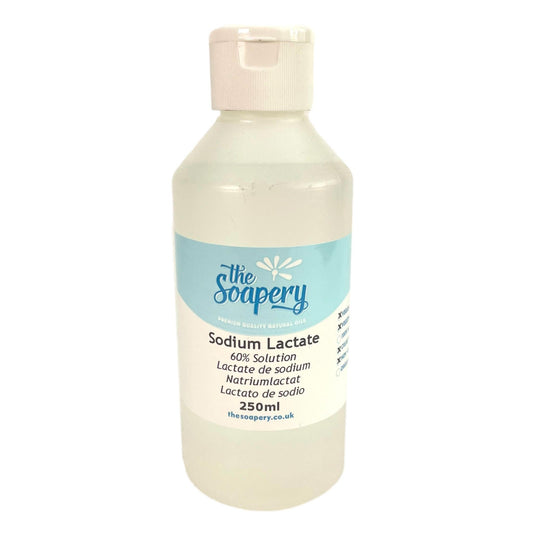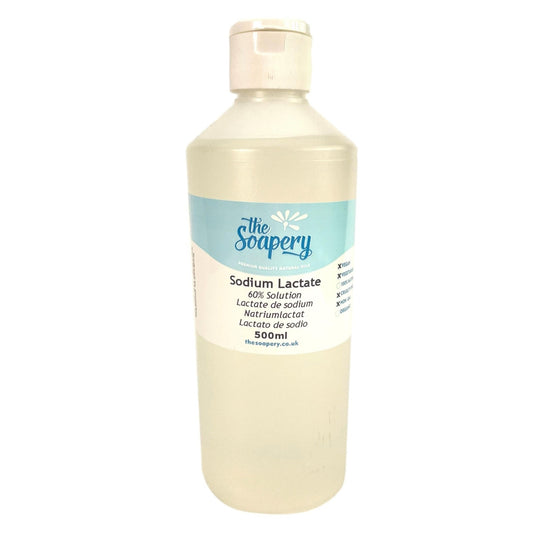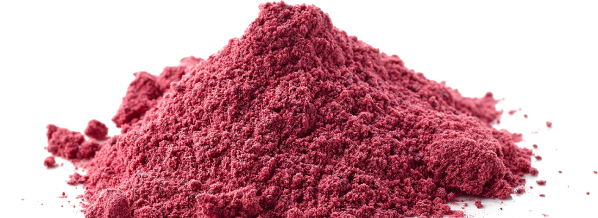
-
Sodium Lactate 60% Solution
Why choose The Soapery?
-
Free Mainland UK Shipping
Get your ingredients quickly at no extra cost.
-
Same Day Dispatch*
Order before 3pm to have your package sent then and there.
-
Low Pricing
No glossy marketing or false promises mean big savings.
-
Ethical Suppliers
No qualms here. Our ingredients are ethically and sustainably sourced.
About Cosmetic Preservatives
Say goodbye to spoiled products and hello to longer shelf lives with our preservatives. From texture conservation to bacteria protection and beyond, these hand-selected ingredients are here to keep your hard work in tip-top condition.
Learn More About Cosmetic Preservatives
Protect your fresh formulas.
Here at The Soapery, we know first-hand how much effort goes into crafting soap, cosmetics, and toiletries. We also know just how vulnerable our much-loved natural ingredients can be to everything from moisture to bacteria. That’s why we’ve made it our mission to bring the world’s best preservatives to your mixing bowls.
What are Cosmetic Preservatives?
Our customers love creating natural products good for skin, hair, home, and the planet - and so do we! But, as much as we adore fresh and unprocessed ingredients, they often need a little extra help to stay safe for use. Enter cosmetic preservatives.
An effective preservative provides broad spectrum protection against the growth of bacteria and fungi. Adding preservatives to a finished product increases the shelf life of cosmetic formulations. The result? Your beautiful cosmetics creations will look, feel, and last better for longer.
There’s an endless list of cosmetic preservatives out there, but we prefer to keep things simple and conscious. Our range includes everything from geogard ultra to preservative enhancers like sodium lactate.
How to Use Preservatives in Cosmetics
Preservatives can be used in a wide variety of products including skincare products and hair products. Using preservatives in your cosmetic creations is relatively simple, but keep in mind - no two formulas or ingredients are the same!
Firstly, make your preservative choice carefully for the best finished product. Think about the pH level of your formula - whether it’s above or below 6, there’s bound to be an option out there best suited to it! Beyond this, consider your pairings. Will your preservative work well with the rest of your formula? Will your formula require an oil or water soluble preservative?
Once you've found the perfect preservative, using the correct concentration is the next step to success. Different recipes require different percentages – always check the specific usage instructions.
With products chosen and measurements made, all that’s left to do is mix in at the right temperature and time!
For more advice on how to use preservatives in your soap and cosmetic recipes, check out our blog!
The Benefits of Cosmetic Preservatives
Without preservatives, every formula from toiletries to skincare would be open to growing all kinds of mould and bacteria - putting both products and people at risk.
In ridding your cosmetic creations of harmful microbes whilst creating as sterile of an environment as possible, even the most natural preservatives help keep fresh ingredients at their freshest.
The highlights don’t end there - by adding preservatives to your products, you’re also protecting everything from hands to hair. Whether you’re crafting for yourself or customers, who doesn't love the peace of mind that comes with knowing your homemade cosmetic products are safe to use?
Ready to keep your creations at their very best? Browse our cosmetic preservatives today.
Our Favourite Skincare Recipes
We Value Each of Our Customers
Accreditations/Awards
We’re committed to offering a vast range of all-natural, organic products certified by The Soil Association, and we take pride in doing our part for the world around us.
Like most ingredients, the oils, butters, powders, and decorations in your handmade products are farmed or extracted from the natural world. Those certified as organic by the Soil Association were grown, produced, and harvested in line with strict regulations designed to protect and sustain the environment, including soils, ecosystems, animals, and people.
